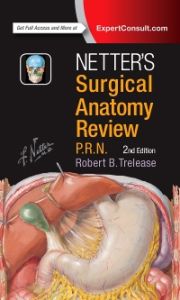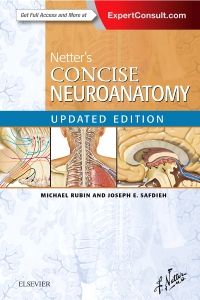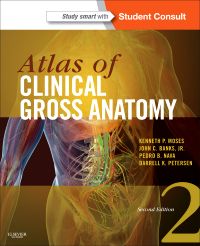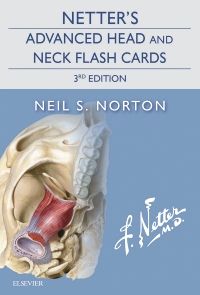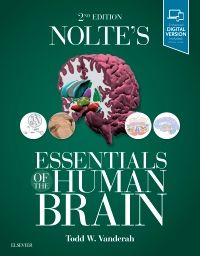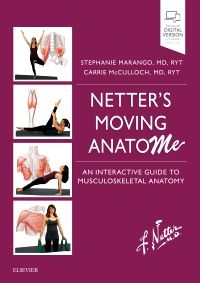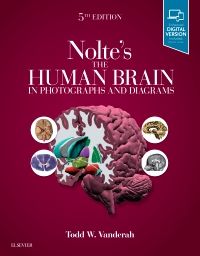In this issue of Critical Care Clinics, guest editors Drs. Rishikesan Kamaleswaran and Andre L. Holder bring their considerable expertise to the topic of Data Science in Critical Care. Data science, the field of study dedicated to the principled extraction of knowledge from complex data, is particularly relevant in the critical care setting. In this issue, top experts in the field cover key topics such as refining our understanding and classification of critical illness using biomarker-based phenotyping; predictive modeling using AI/ML on EHR data; classification and prediction using waveform-based data; creating trustworthy and fair AI systems; and more.
Key Features
-
Contains 15 relevant, practice-oriented topics including AI and the imaging revolution; designing “living, breathing clinical trials: lessons learned from the COVID-19 pandemic; the patient or the population: knowing the limitations of our data to make smart clinical decisions; weighing the cost vs. benefit of AI in healthcare; and more.
-
Provides in-depth clinical reviews on data science in critical care, offering actionable insights for clinical practice.
-
Presents the latest information on this timely, focused topic under the leadership of experienced editors in the field. Authors synthesize and distill the latest research and practice guidelines to create clinically significant, topic-based reviews.
Author Information
Edited by Rishikesan Kamaleswaran, PhD, Director of Translational Clinical Informatics, Assistant Professor, Departments of Biomedical Informatics, Pediatrics, and Emergency Medicine Emory University School of Medicine, Department of Biomedical Engineering, Georgia Institute of Technology and Andre L. Holder, MD, MS, Assistant Professor of Medicine, Division of Pulmonary, Allergy, Critical Care and Sleep Medicine, Emory University School of Medicine, Grady Memorial Hospital
Leveraging Data Science and Novel Technologies to Develop and Implement Precision Medicine Strategies in Critical Care
Predictive Modeling Using Artificial Intelligence and Machine Learning Algorithms on Electronic Health Record Data: Advantages and Challenges
Machine Learning of Physiologic Waveforms and Electronic Health Record Data: A Large Perioperative Data Set of High-Fidelity Physiologic Waveforms
The Learning Electronic Health Record
The Role of Data Science in Closing the Implementation Gap
Designing and Implementing “Living and Breathing Clinical Trials: An Overview and Lessons Learned from the COVID-19 Pandemic
How Electronic Medical Record Integration Can Support More Efficient Critical Care Clinical Trials
Making the Improbable Possible: Generalizing Models Designed for a Syndrome[1]Based, Heterogeneous Patient Landscape
Clinician Trust in Artificial Intelligence: What is Known and How Trust Can Be Facilitated
Implementing Artificial Intelligence: Assessing the Cost and Benefits of Algorithmic Decision-Making in Critical Care
Critical Bias in Critical Care Devices





